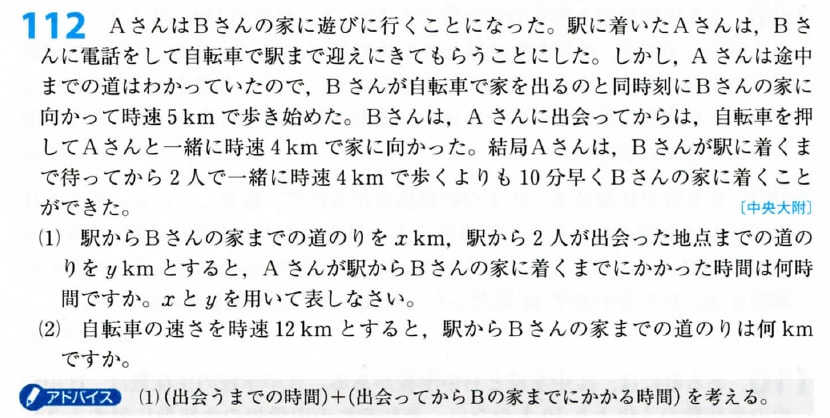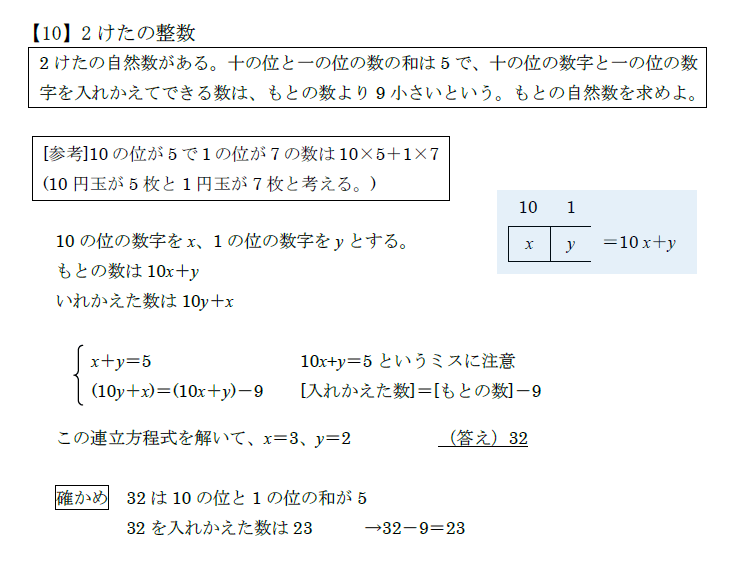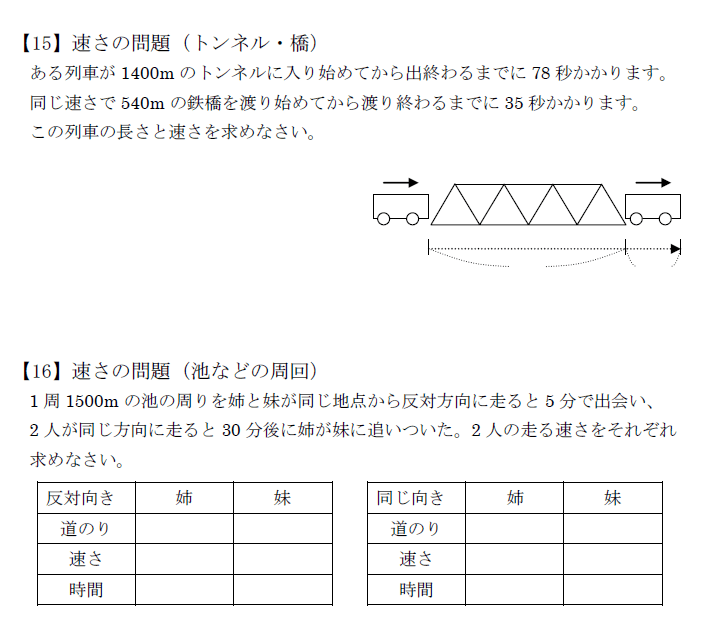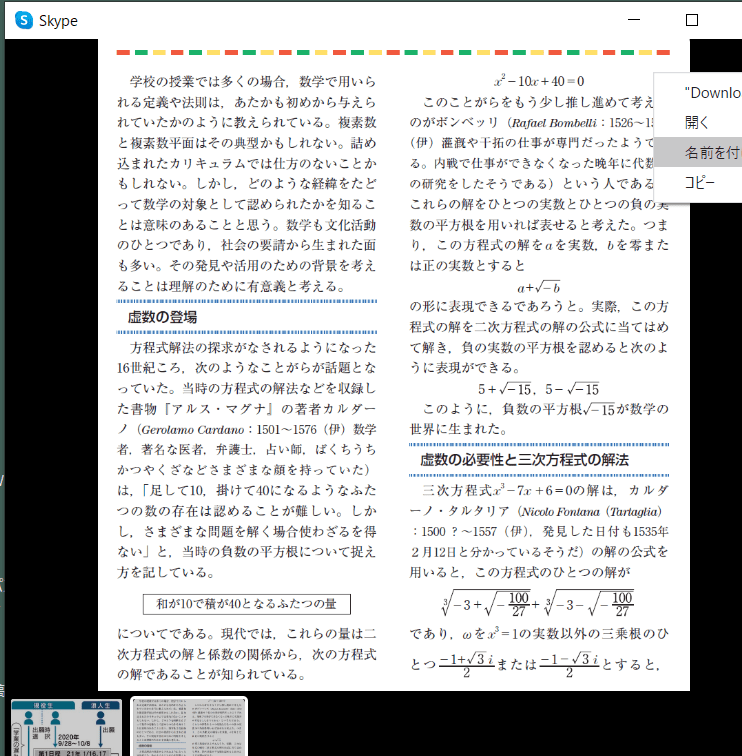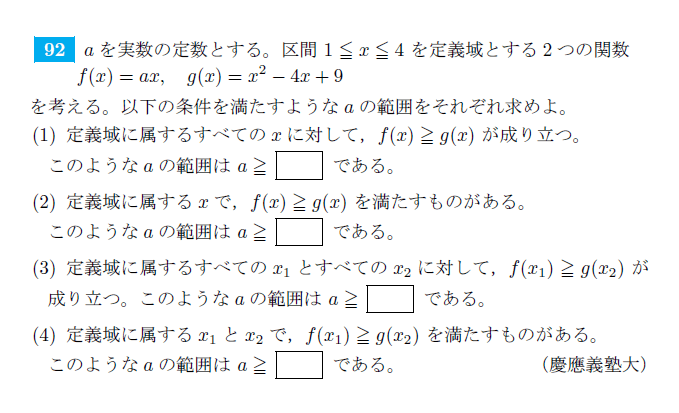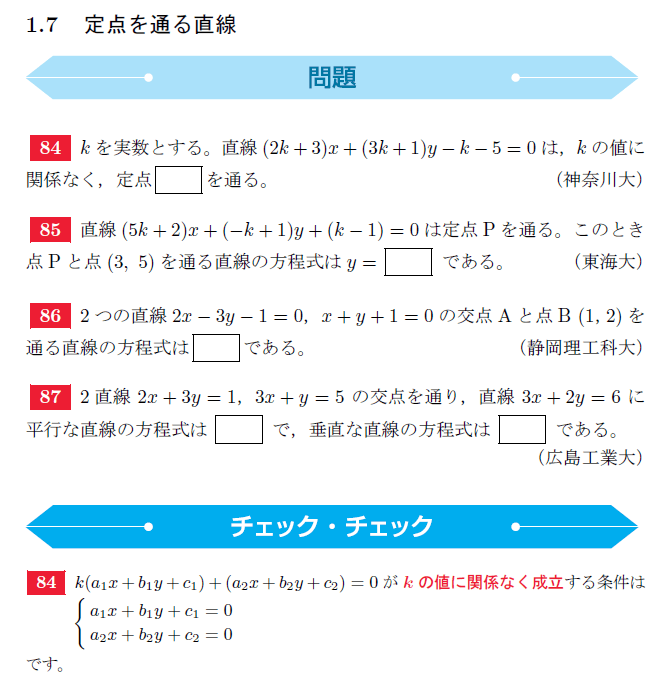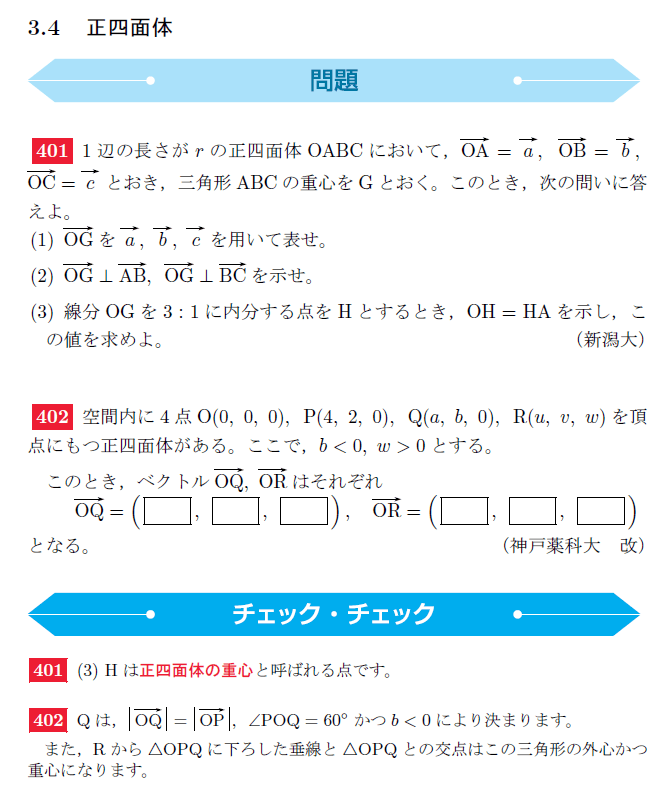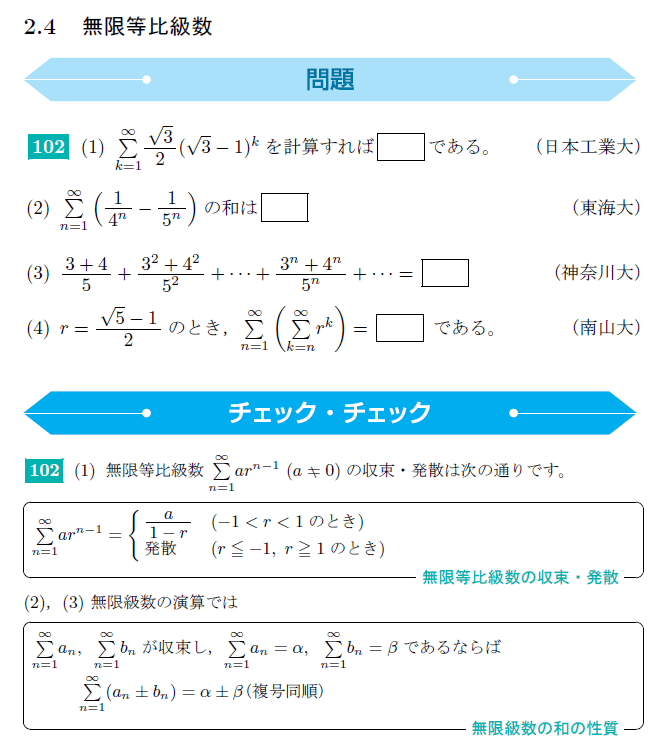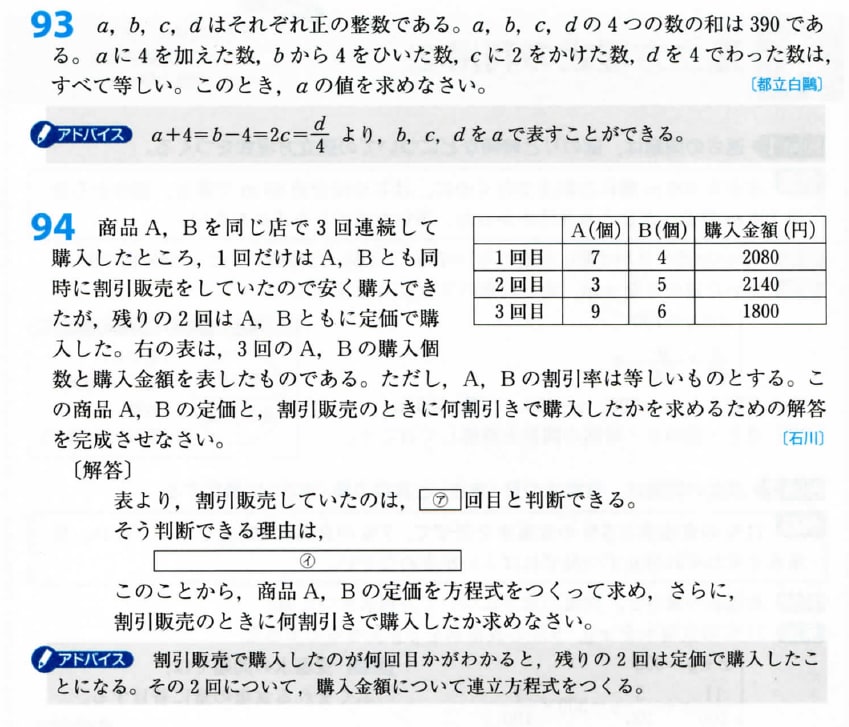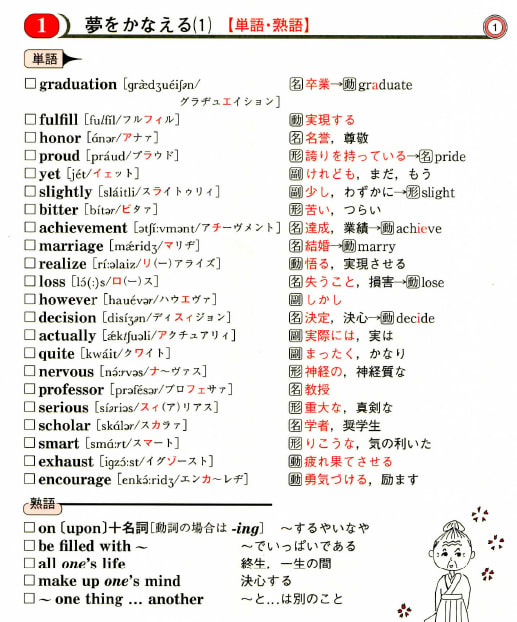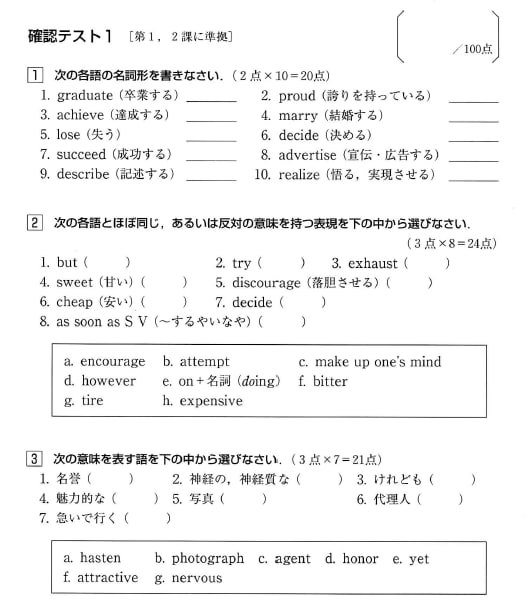黒板の字も見えない大教室。
次々と進む、講義。
書かれては消えていく板書きの文字。
あっという間に終わってしまう授業。
キミに残るものは何だ?
焦りだけではどうにもならない。
もう一度中味を確かめよう。
さくらの個別指導なら、自分のペース。
わからなければ質問!
目と手と頭を使って、キミの全身にたたき込め。

文章21 言語が世界を分節する? 千葉大学
われわれは言語のない世界を想像することができるだろうか。仮に、言語が失われた状態であなたが鏡に自分の顔を映しているとしたら、鏡に映った顔は、人の顔であるとも認識されないし、眼や鼻や口といった顔を構成する要素も、ぼんやりとした何かとしてしか映らないだろう。言語のない世界は、【混沌】として不明瞭(ふめいりょう)なものなのである。言語は、そのような不明瞭で連続的な世界を【分節】する働きを持っている。例えば、人は言語によって初めて鏡に映る何かを顔として認識する。眼や鼻などについても同様で、顔の上方にある二つの輝く球体と、その下方にある二つ空いた穴の差異を表すために、眼、鼻といった言語や、それに伴う【概念】が生まれることになる。つまり、人間は始めから眼と鼻を別々のものと認識して、その上で眼や鼻という名前を与えたのではない。ものを名づけるという働きとは正反対に、言語によって初めて混沌とした世界に分節が施され、そこからものや概念が生み出されたということである。
また、「メ」という音が概念を呼び起こすということも言語の大きな特質である。これは、赤信号が停止を意味することと等しい。このように、言語は、外に現れる表現の部分(「メ」という音)と表現される内容(人間の「眼」や植物の「芽」)を不可分のものとして含んでいることから、【記号】の一つととらえられる。この記号という概念は文化にも広がる。例えば、「メ」という発話が「眼」や「芽」を指し示すという理解は、日本語という言語を使用する文化圏でのみ通用するもので、この文化圏において「メ」が「眼」を意味するのは、「眼」と「眼」以外のもの(先に挙げた「鼻」など)との間に、網の目のような関係性が生じているからである。われわれは、このような網の目の張りめぐらされたシステムのなかに属しているといえるのである。
Sentence 21 Language divides the world? Chiba University
Can we imagine a world without language? If you were to lose language and you were to reflect your own face in a mirror, the face reflected in the mirror would not be recognized as a human face, and would consist of the eyes, nose, and mouth. Elements will only appear as something vague. A world without language is chaotic and obscure. Language has the function of [segmenting] such an obscure and continuous world. For example, people only recognize something reflected in a mirror as a face by language. The same is true for the eyes and nose, and in order to express the difference between the two shining spheres above the face and the two holes below it, the words "eyes" and "nose" and their associated [concepts] are born. It will be. In other words, human beings did not recognize eyes and noses as separate things from the beginning and then gave them the names of eyes and noses. In contrast to the function of naming things, language was the first to articulate the chaotic world, and from there, things and concepts were born.
Another major characteristic of language is that the sound "me" evokes concepts. This is equivalent to a red light meaning stop. In this way, since language includes the part of expression that appears outside (the sound ``me'') and the content that is expressed (the ``eye'' of a human and the ``bud'' of a plant) as indivisible things, [ symbol]. This notion of sign also extends to culture. For example, the understanding that the utterance ``me'' refers to ``eyes'' or ``buds'' is valid only in a cultural area that uses the Japanese language, and in this cultural area, ``me'' means ``eyes''. This is because there is a net-like relationship between the "eyes" and things other than the "eyes" (such as the "nose" mentioned above). We can say that we belong to such a networked system.

EXERCISES 26
1. 左右を結び付けて意味の通る文にしなさい.
1) Listen to me carefully (a) with tears running down his cheeks.
2) He said “goodbye” to me (b) with your mouth full.
3) He went out (c) with your book closed.
*4) Michael always studies (d) with the radio on.
*5) You shouldn't speak (e) with the door unlocked.
2. 日本語に合うように( )内の語句を並べかえなさい.
1) 彼は最後の質問に声を震わせて答えた.
He (his, question, trembling, last, answered, the, voice, with).
2) 健は家族に囲まれて病院で亡くなった.
Ken (surrounding, in, family, him, with, his, died, the hospital).
3) 彼らはユニホームを泥だらけにして試合をした.
They (covered, with, the game, mud, played, uniforms, with, their).
4) 手品師は目を閉じたまま数字を言い当てた.
The magician (eyes, number, closed, with, guessed, his, the).
*5) 彼女はおみやげをスーツケースにいっぱい詰めてハワイから帰国した.
She (full, with, returned, of, Hawaii, her suitcase, souvenirs, from).
3. マンモス発見
In 1900, while hunting in the north of Asia, a Russian stumbled over the body of a huge animal. It was frozen in the ice, with only its head sticking out. It was far too big for the man to dig out or move by himself. Instead, he cut off the tusks, and took them back to sell.

















